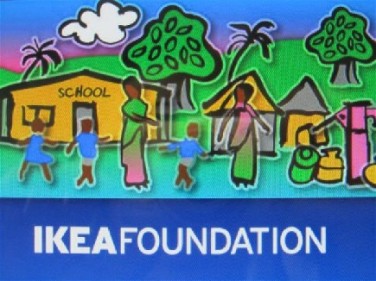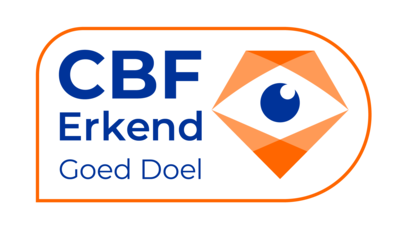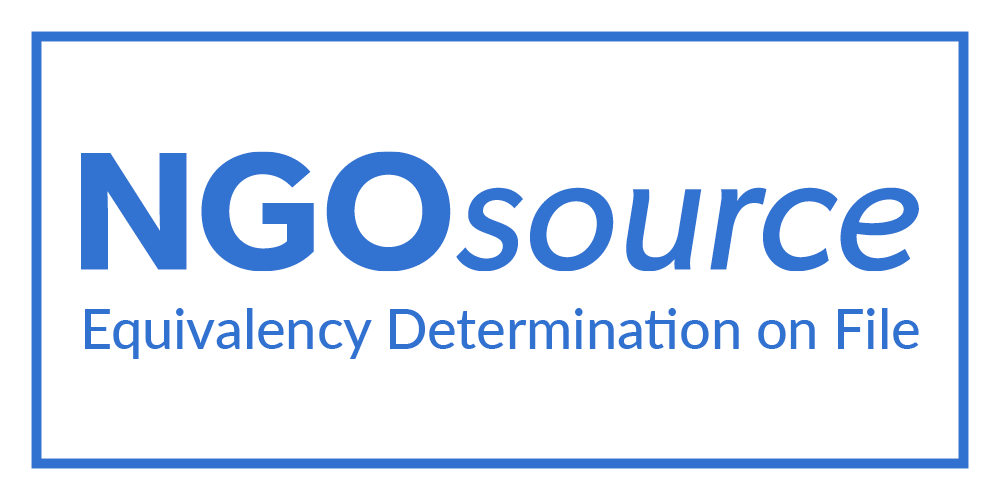The IKEA Foundation is joining UNICEF, UNDP and Women on Wings embarking on an effort to improve hygiene and access to feminine hygiene products in rural India where menstruation is stigmatized. Half of adolescent girls consider it a disease and don’t know how to deal with it. This initiative will help girls stay in school while empowering women as entrepreneurs by making and marketing feminine hygiene products in their villages. Today, only two percent of girls in India use sanitary pad. Instead girls stay home from school when they menstruate, missing lessons and falling behind, many girls simply drop out. Currently, no corporations produce or distribute sanitary products to these remote regions due to lack of infrastructure and population distribution. Most women use cloths, which they wash and hide. Kept from view in closed spaces, the cloths often stay moist, breeding bacteria, which causes infections. The huge need for-and matching lack of-feminine hygiene products presents a perfect business opportunity for women to make and sell these goods from home to home. This business model offers women a way to sell the product privately, providing a steady supply of sanitary products along with sustainable income for women and their families. It also puts girls on an equal footing with boys so they can go to school every day of the month feeling comfortable and confident instead hiding at home in shame.
The IKEA Foundation is first funding a planning phase, which began in May 2011. The project is set to continue with replication and scaling up the efforts in three more districts through the year 2020. Beyond business and banking basics to secure the start-up of an efficient and effective model for production and marketing, funding will also help increase hygiene awareness. Reducing the stigma of menstruation and increasing understanding of how to use sanitary pads will be part of awareness campaigns to reach women and girls through a variety of media. Outreach will include everything from menstruation management and hygiene training for discussions in Self Help Groups, to tips for one-to-one counselling, as well as broadcasts as part of the popular radio show about a girl named Meena, which is enjoyed by millions of women, men, girls and boys in villages across India.


